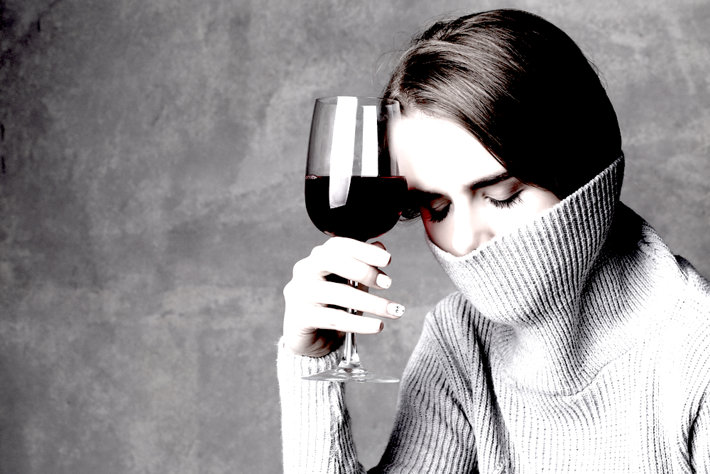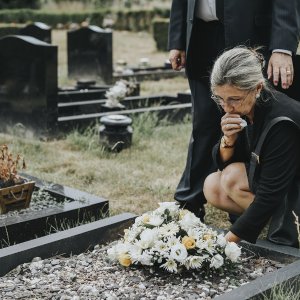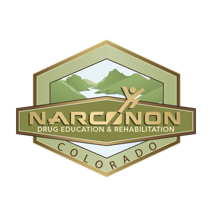The Negative Consequences the Glamorization of Alcohol Has on Women

Alcohol advertisements targeted towards women love to show glamorous ladies enjoying fancy drinks in classy settings. They tend to avoid the all too common scenario of someone falling down the stairs, being sloppy drunk and slurring words. They do not mention people blacking out then getting lost and passing out in compromising and often dangerous situations. They avoid the painful morning after and the humiliating and sometimes horrifying attempts of trying to piece together the night before. They tend to avoid the warning signs of developing alcoholism and simply advise people to “enjoy responsibly.”
They forget to mention the young girl passed out in the corner that gets taken advantage of because she’s too drunk to realize what’s going on, she’s too drunk to say no, and her friends are too drunk to notice or care. In the early part of the 1990s advertising from alcohol companies began to target women, especially young women. They started to make more “feminine” options and more fruity drinks in an attempt to recruit new customers, and it has worked. According to a study done by the National Epidemiologic Survey on Alcohol and Related Conditions, the rates of high-risk drinking and alcohol use disorder in women have risen 83.7% between 2002-2013.
It is always up to each individual to drink responsibly, but at the same time, there should be more responsibility placed with advertisements as well. Many people who have not experienced alcoholism first hand don’t seem to truly understand how hard it can be for some people to drink in moderation. Maybe that’s why there is such a stigma surrounding those struggling with their drinking because most people who don’t have a problem simply cannot fully understand what it’s like for someone who does.
I am not saying that people do not have their own personal responsibility when it comes to drinking, I fully understand that. What I am pointing out is the darker side of alcohol consumption that often gets overlooked. The difficult situations often get swept under the rug because they’re too uncomfortable to talk about and the fact that binge drinking has become so socially acceptable that it has almost become a “rite of passage” for college students and young adults. The thing a lot of people fail to realize is that you do not have to be an alcoholic in order for alcohol to have a negative impact on your life.
Binge drinking has even become normalized for teenagers and is often portrayed in movies and TV shows despite the studies that have shown the negative consequences of underage drinking. We laugh about the embarrassing things done while under the influence and shrug off blackouts like they’re no big deal… at least while a person is still young, the older someone gets the more this behavior begins to be frowned upon. It is only considered funny for so long until it becomes considered a problem. Society tends to forget how dangerous this habit can be especially for young women.
Estimates done by the National Institute on Alcohol Abuse and Alcoholism (NIAAA) have made conservative estimates that 25% of American women have experienced some form of sexual assault and that about half of these cases somehow involved alcohol. The reason I say this is a conservative estimate is due to the fact that sexual assault actually occurs at higher rates but that cannot be accurately reported due to the under-reporting of such cases. For various reasons many women feel too ashamed to come forward about their assault and so we cannot truly know how many women this has happened to.
Research conducted by the Centers for Disease Control and Prevention (CDC) has shown that alcohol has a much stronger effect on women’s bodies than it does in men. Biologically it is harder for the female body to handle excessive alcohol use. For the sake of women everywhere, especially our future generations we need to begin having open conversations about the true side effects of alcohol. Only by making accurate information more readily available will we be able to begin to address the unhealthy relationship our society has developed with alcohol. Once we do this more people will be able to see what the glamorization of alcohol truly is: false advertising.
Sources:


